Full Automatic Constant Pressure Variable Frequency Water Supply Equipment is a new generation of hi...
See DetailsAdvancing Industrial Fluid Transfer: The Rise of Shielding Type Pipeline Pumps
Industry News-In the evolving landscape of industrial fluid handling, innovations in pump technology are critical to meeting the demands for higher efficiency, reliability, and safety. Among the breakthroughs gaining attention is the shielding type pipeline pump—a specialized pump design that offers enhanced protection and performance in demanding pipeline applications.
Understanding Shielding Type Pipeline Pumps
Shielding type pipeline pumps are engineered with an integrated protective mechanism, often referred to as a “shield” or barrier, designed to isolate the pump’s critical components from harsh operational environments. This shielding not only prevents contamination of the pumped fluid but also safeguards the pump’s internal structure from corrosion, abrasion, and mechanical damage.
Unlike traditional pipeline pumps, where the impeller and casing are exposed directly to the process medium, shielding type pumps incorporate specialized liners, sleeves, or barriers—typically made of corrosion-resistant metals or advanced polymers. These features extend the pump’s service life and maintain stable operation, particularly when handling aggressive chemicals, slurry, or fluids with solid particles.
Technological Features and Innovations
Recent developments in shielding type pipeline pumps focus on improving durability, energy efficiency, and ease of maintenance:
Advanced Materials: Utilization of high-grade stainless steel, duplex alloys, and composite materials enhances resistance to chemical attack and mechanical wear. In addition, proprietary coatings and surface treatments improve abrasion resistance.
Modular Shielding Design: Some models feature modular shields that can be replaced independently without dismantling the entire pump. This innovation significantly reduces downtime and maintenance costs.
Hydraulic Optimization: Enhanced impeller and volute designs minimize turbulence and hydraulic losses, increasing overall pump efficiency. Computational fluid dynamics (CFD) modeling has been employed extensively to refine flow paths and reduce vibration.
Sealing Enhancements: Combined with mechanical seals or magnetic couplings, shielding systems ensure leak-free operation, which is essential in handling hazardous or toxic fluids.
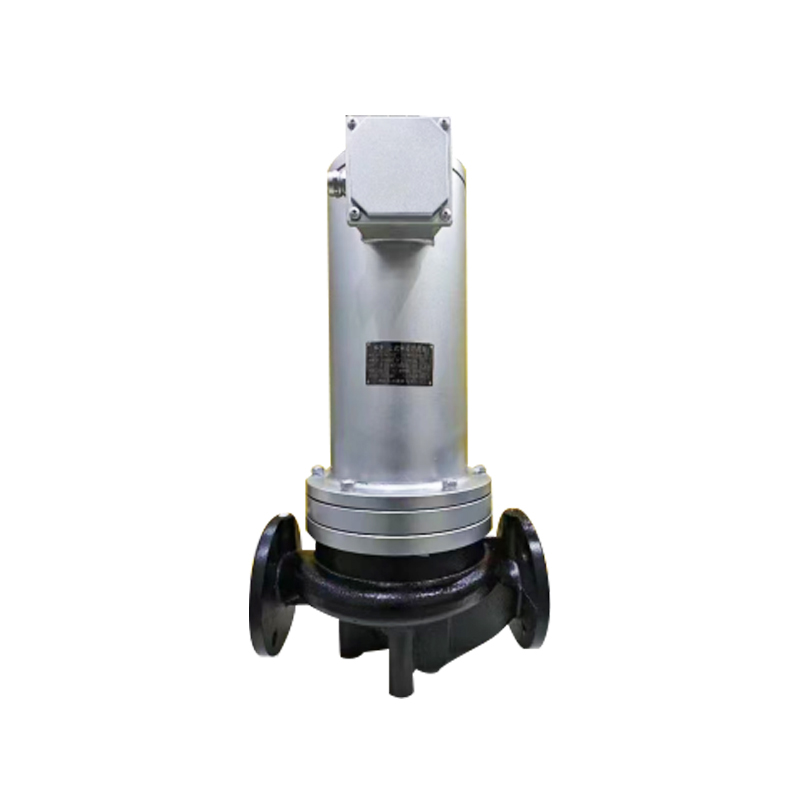
Smart Monitoring: Integration of sensors enables real-time condition monitoring, including vibration, temperature, and pressure. These smart features facilitate predictive maintenance and prevent catastrophic failures.
Key Advantages Driving Industrial Adoption
The shielding type pipeline pump offers multiple benefits that address common challenges in industrial pumping:
Enhanced Longevity: By protecting vulnerable components from corrosive or abrasive fluids, the shielding system significantly extends the pump’s operational life.
Improved Reliability: Shielding reduces the risk of premature failures due to wear or corrosion, ensuring more consistent and reliable operation.
Maintenance Efficiency: Modular shields and easy-to-access components reduce repair time and costs, enhancing overall productivity.
Environmental Safety: Leak-proof designs combined with robust shielding prevent fluid leakage, protecting the environment and worker safety.
Operational Versatility: Suitable for a wide range of fluids, including chemicals, wastewater, slurries, and petrochemical products.
Industrial Applications
The versatility of shielding type pipeline pumps makes them suitable for many demanding sectors:
Chemical Processing: Handling of aggressive acids, alkalis, and solvents requires pumps with corrosion resistance. Shielding pumps excel in such environments by preventing component degradation and fluid contamination.
Mining and Mineral Processing: The ability to pump abrasive slurries with solid particles while wear is critical. Shielding type pumps protect internal parts and maintain efficiency under harsh conditions.
Oil and Gas Industry: These pumps are used in transporting crude oil, refined products, and chemicals, where leak prevention and durability are paramount.
Water and Wastewater Treatment: Treating industrial effluent and sewage involves corrosive and abrasive substances. Shielding type pipeline pumps provide the robustness needed for long-term operation.
Power Generation: Circulating cooling water and chemical feedstock in power plants demands pumps that resist corrosion and require downtime.
Food and Beverage: Specialized versions with sanitary materials and designs handle fluids safely without risk of contamination.


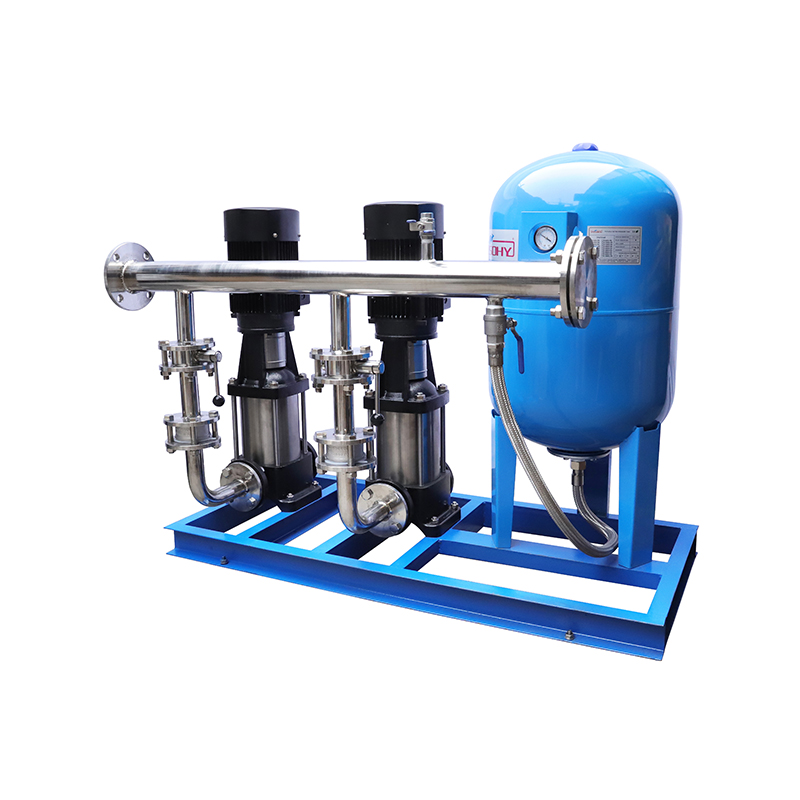
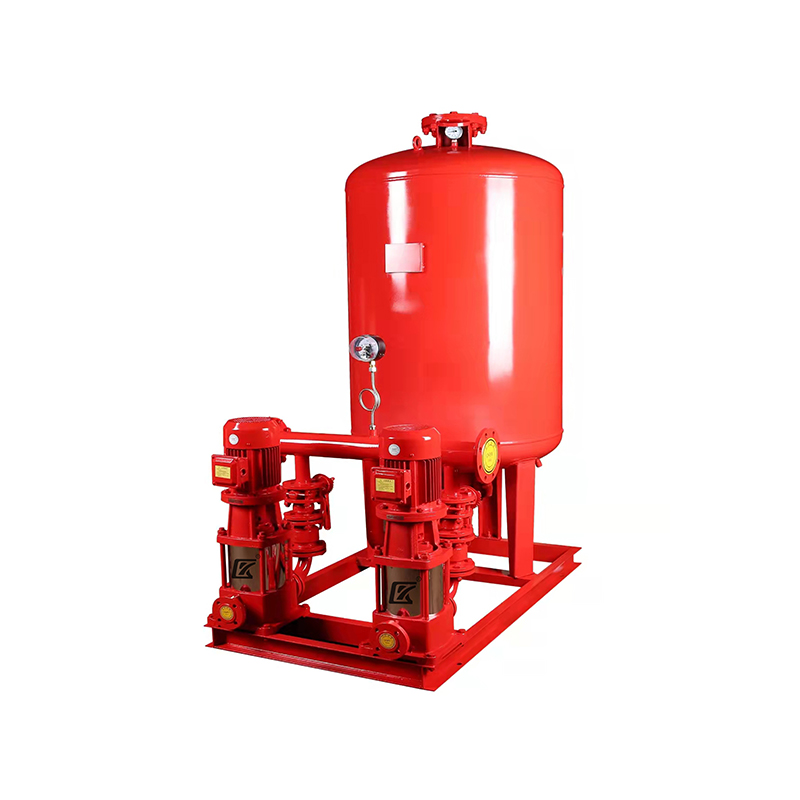
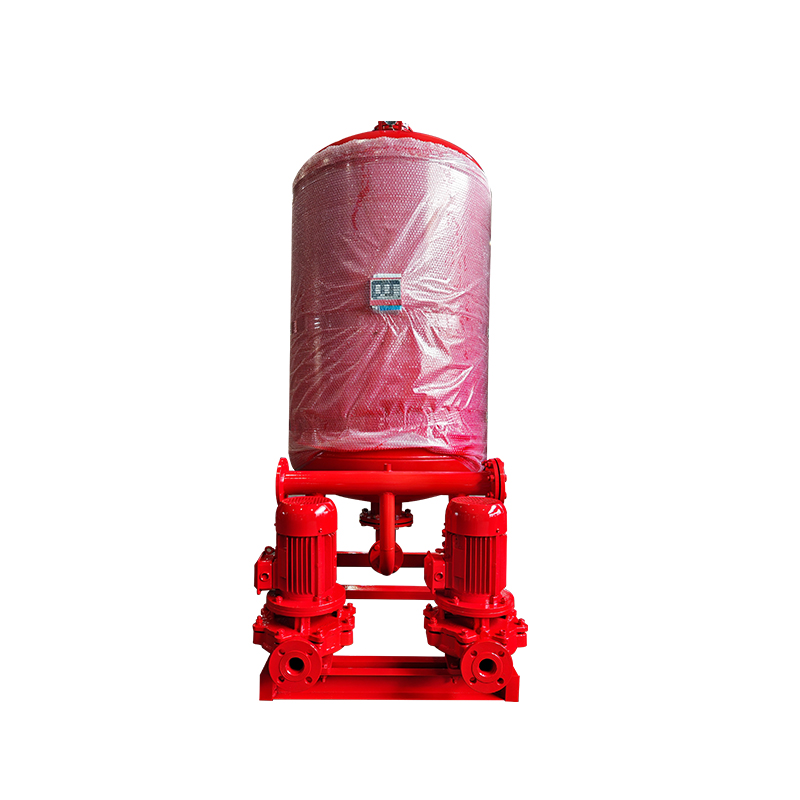

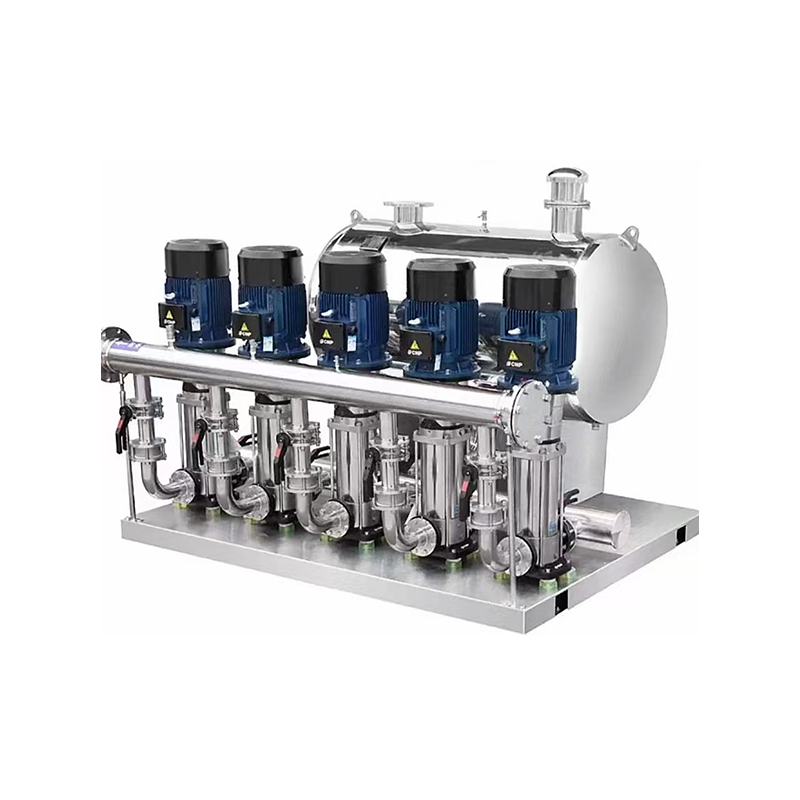
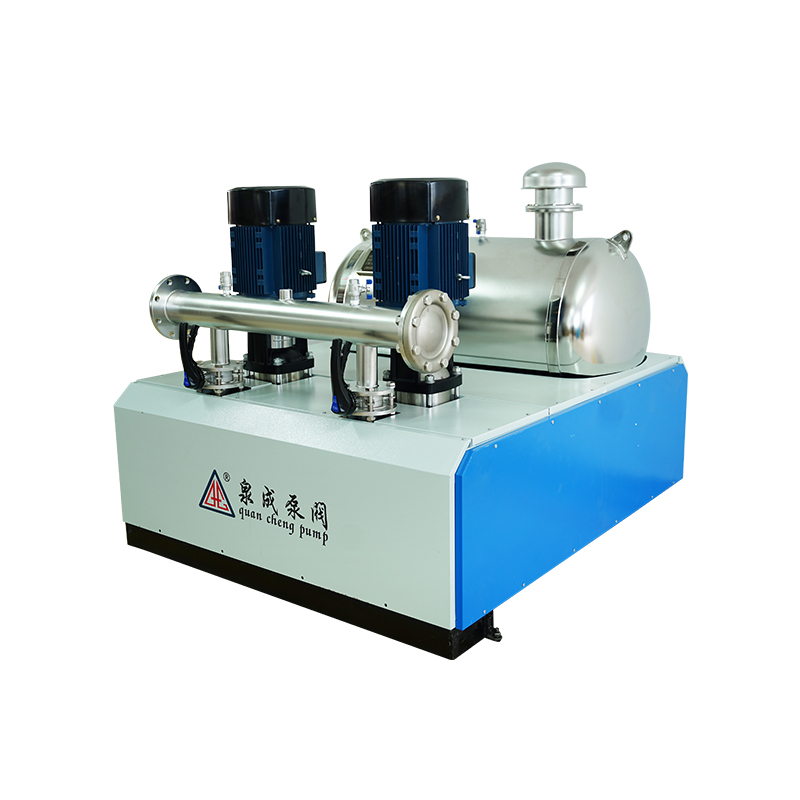
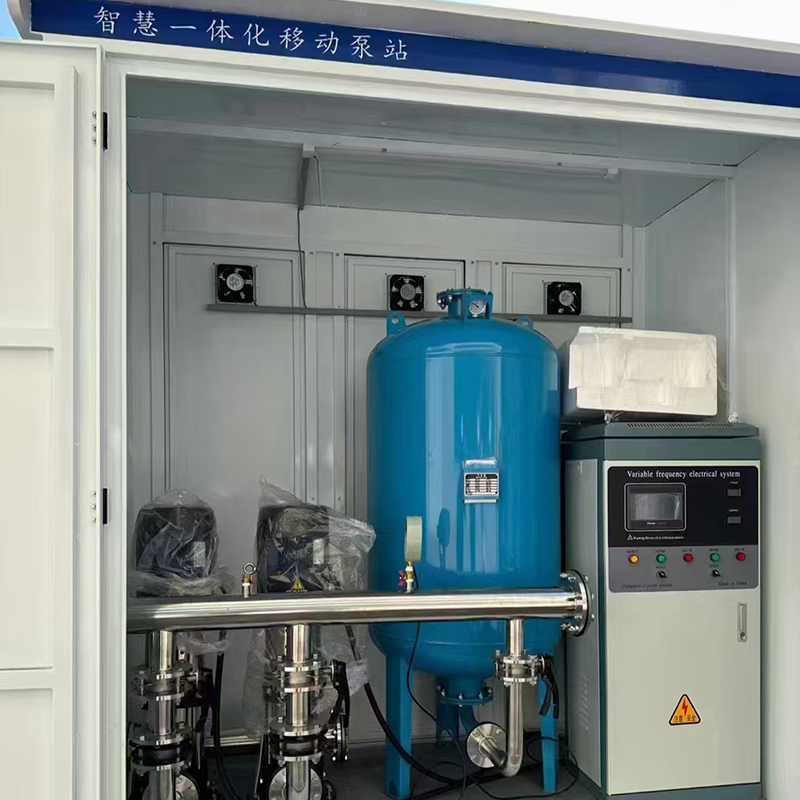
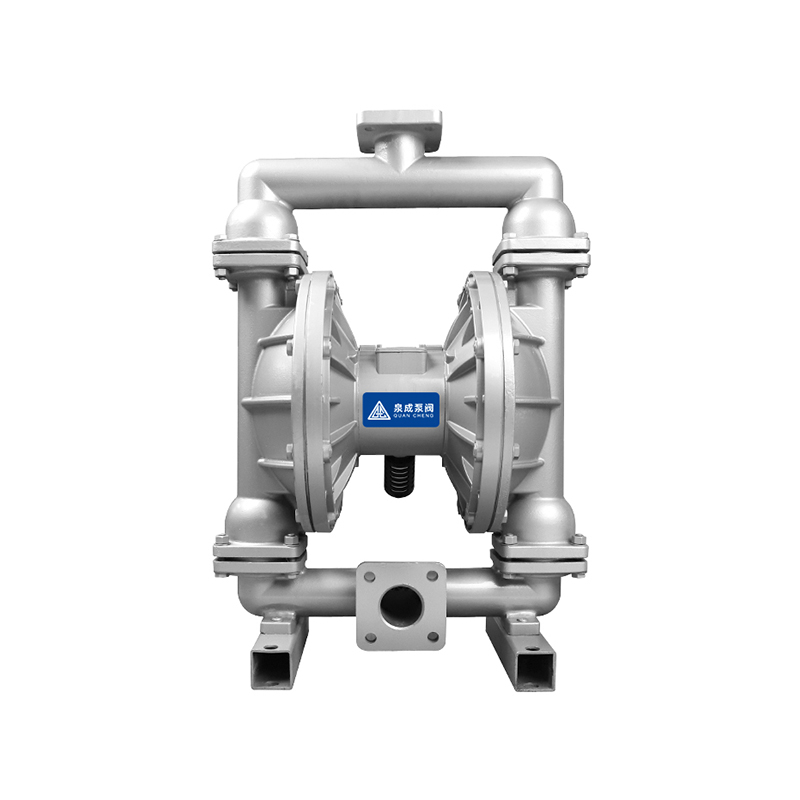
 浙公网安备33032402001888号
浙公网安备33032402001888号
